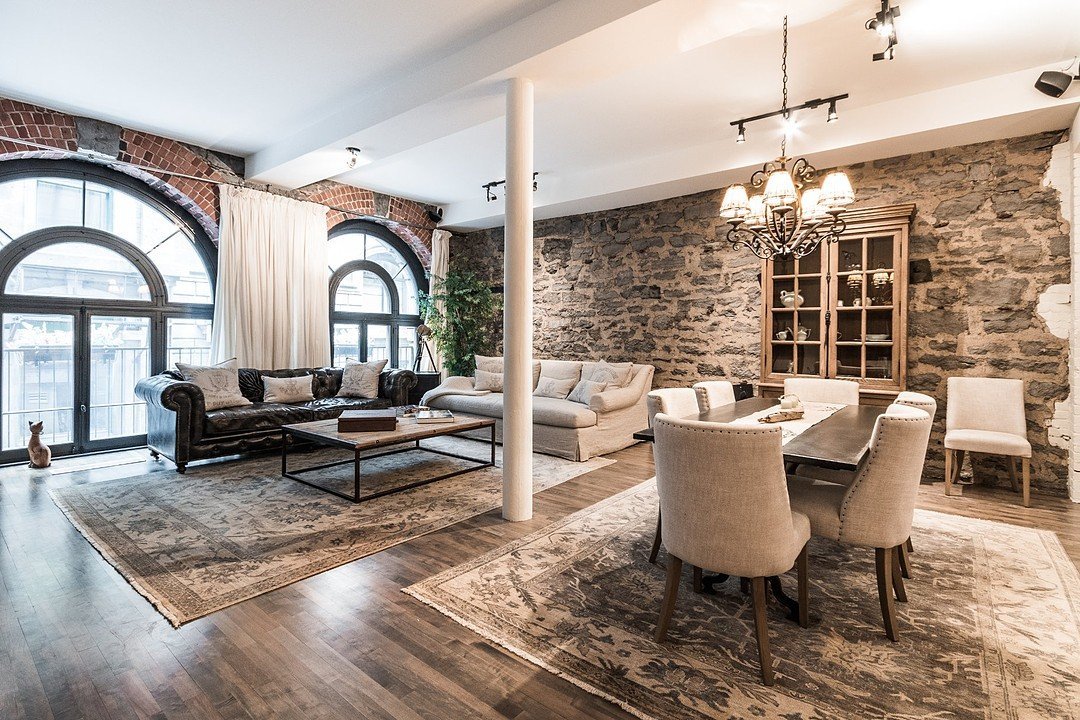Until now, luxury real estate buyers have found inspiration in properties with a sense of grandeur. Whether via a stately brownstone in a major city, a quiet retreat in cottage country, or a tropical paradise somewhere abroad, they’ve opted for spaciousness, for homes that mirror their success.
While equally invested in purchasing an uplifting pied-à-terre, the next generation of luxury real estate buyers is redefining the priorities of home ownership.
Now in their twenties and thirties, millennials make up the largest living demographic in North America. With the help of the impending wealth transfer from their baby boomer parents, millennials make up half of the 32% of Canadians who are likely to purchase a home in the next two years. The share of home sales to first-time buyers has hit a 17-year high.
But even the most affluent millennial home buyers entering the luxury real estate market aren’t looking for a 10,000-square-foot gated manor with a four-car garage and 16 bedrooms. That’s because, for today’s purchasers, experiences are more important than objects—and that penchant shines through in everything from the properties they prefer to their expectations about their relationship with their REALTOR®️.
An Experience, Not a Product
Emerging luxury real estate buyers think of a property as a journey rather than as a destination. In its 2017 study of the emerging luxury market, Sotheby’s International Realty found that while spending on personal goods has slowed among emerging buyers, spending on experiences—travel, evenings out, spa breaks—is on the rise. The perfect home is less about the things in it, and more about how it will fit into the buyer’s daily life, so listings that show how the property supports a lifestyle are more successful than those that simply reel off amenities.
A home with a large backyard isn’t just more land—it’s a place for picnics and birthday parties, for playing catch or daydreaming in the sun. And an updated bathroom isn’t just a feature to tick off, but a spa-like oasis for a relaxing bath after a long day at work.
Video footage, augmented reality, and top-quality photography all help establish a sense of possibility before a buyer even sets foot on the property.
And as in the past, location is critical—with a twist. Where past generations have moved away from urban centres in favour of room to recreate, millennials are making a return to city life. In most cases, a smaller home located in an interesting up-and-coming neighbourhood is more appealing to today’s buyers than a larger place in the suburbs. Walkability and charm are key.
Character Over Capacity
With the explosion of social media in recent years, storytelling has become a critical life skill. As a result, a property with a story to tell can be at least as appealing to buyers as a brand-new build. Did this loft building used to be a brewery in the 1920s? Was this house built by the founder of a local charity? A home becomes a part of the buyer’s personal narrative, so heritage status, interesting histories, and thoughtful architectural details are all selling points. So, of course, are pure aesthetics: an updated kitchen, original hardwood floors, and plenty of natural light all show well on Instagram.
A Personal Connection
Consumers today value authenticity, curation, and a personal touch. When they shop, they don’t just want a brand that makes good products—they want a brand that aligns with their vision and values, that understands who they are and what they want, and that evolves over time to stay fresh and relevant. Home buyers want the same thing out of a relationship with their real estate agent. A REALTOR®️ who takes the time to build a personal connection and develop a deep understanding of a client’s needs and tastes has a chance of staying with that client from their first apartment to their retirement vacation home.
A Home to Grow In
The cost of housing in Canada has increased much more rapidly than the average salary. The result is that even adults working lucrative white-collar jobs may not be able to afford the same kind of home they grew up in, especially in markets like Vancouver. Instead, millennials are looking for a home that can adapt and meet their needs over time. Basement or attic suites, extra bedrooms, and laneway houses all provide a way to make a home more affordable in the present while holding space to expand into as buyers’ income and affluence rises.
The next generation of luxury real estate buyers isn’t looking for a property—they’re looking for the next chapter in their life story. Where their predecessors were wooed by new windows and roofs, plenty of bedrooms, and multi-car garages, today’s luxury buyers are more interested in updated chef’s kitchens, exposed brick detailing, and backyard orchards. They crave personal connections, historical interest, and curated selections. To reach millennial buyers, real estate organizations need to support their priorities.
.png)













